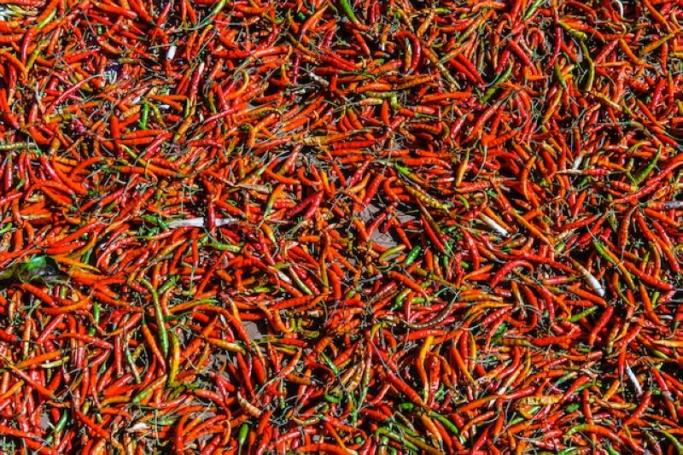Mizzima
After the military coup d'etat, the economic sector has been facing a steady decline, exacerbated by the departure of foreign investments, leading to a steep increase in commodity prices.
Urban residents have voiced concerns over the escalating cost of goods, attributing it to the Military Council's decision to issue a new 20,000 banknote.
As a result of the soaring prices of daily essentials, the average basic salary is proving insufficient to cope with the financial strain. In Yangon, mere days after the announcement of the 20,000 banknote issuance, the price of a bag of Shwe Bo Paw Hsan Hmwe Rice surged from 100,000 Kyat to 120,000 Kyat, while a bag of broken rice saw an increase from 55,000 Kyat to 80,000 Kyat.
Furthermore, edible oil prices in the market currently vary from 8,500 Kyat to 10,000 Kyat per viss (1 viss = 1.68 kg), as reported by edible oil shops. The Myanmar Edible Oil Dealer Association has enforced a reference price of 4,500 Kyat per viss, which is nearly double the price gap compared to the prevailing actual market prices.
An anonymous employee from Yangon said he was unable to save extra money due to high commodity prices.
“I’m an employee working at a normal company. Since my monthly income is around 5 - 6 lakhs, it seems as if I cannot keep up with the current commodity prices. Now, the issue of 20,000 Kyat increases the prices. If I take away about one lakh for a bag of rice and rent fees, there is almost nothing remained from my monthly salary. Not to mention my health savings, since I have a big family, I am struggling very hard not to have debt. It is not proportional to the income as the daily essential commodities such as rice, oil, and salt become three or four times more expensive than in the past. Nowadays, it seems as if every family member needs to work. It would get worse if they rely only on me.”
Moreover, the dollar and gold prices are also trending upwards. Currently, one US dollar costs around 3,400 Kyat in the external market, while it was only about 1,300 Kyat per dollar before the coup. The price of gold is now 3,500,000 Kyat per tical (1 tical=16.3 g), which represents an increase of approximately 119 percent compared to the pre-coup price of around 1,600,000 Kyat per tical.
“As the dollar price is escalating, the raw material prices also increase. One raw material price at present equals the price of two or three materials before. We cannot buy every time we want. We need to buy many at once as we are afraid of going out of stock. As raw material prices go up, so does the resale price. Thus, not many people are buying, so sometimes we are at a loss. Yes, we are trying hard for a living,” said a bakery businessman.
Since 2020 during the COVID-19 pandemic, Myanmar had been heading toward economic decline. And, after the coup, the economic situation has seriously worsened. The companies and factories are facing difficulties in operating, so they are trying to maintain the status quo by reducing the number of staff and wages. The decrease in wages and the increase in commodity prices cause an imbalance. The Myanmar civilians are facing the impact of rising commodity prices currently.












